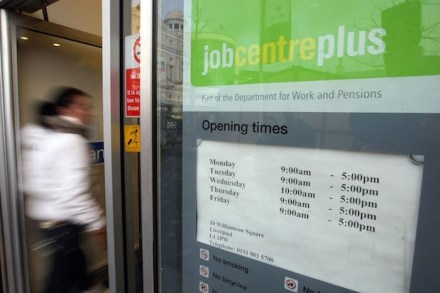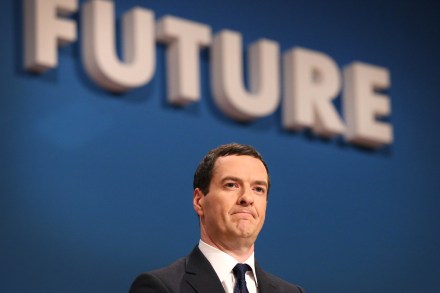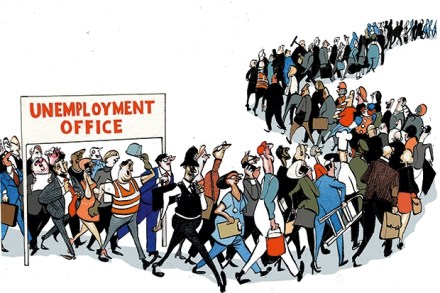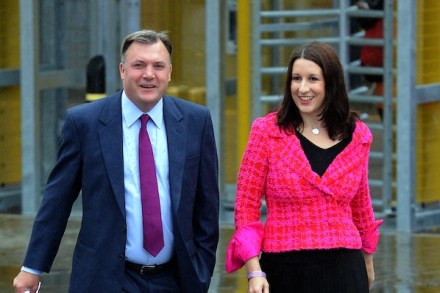How MPs waste time in the House of Commons
There are strict rules governing the language that MPs can use in the House of Commons. Words like ‘guttersnipe’, ‘stoolpigeon’ and ‘hypocrite’ are considered unparliamentary, and MPs can be chucked out of the Chamber for the rest of the day if they do not withdraw their comments. Sadly, though, they can get away with behaviour that is quite unparliamentary in the sense that it undermines the purpose of parliament on a regular basis. This unparliamentary behaviour popped up at today’s Work and Pensions Questions, but it occurs in almost every departmental question session, and at Prime Minister’s Questions too. It is the Utterly Pointless Question, one in which an MP

















